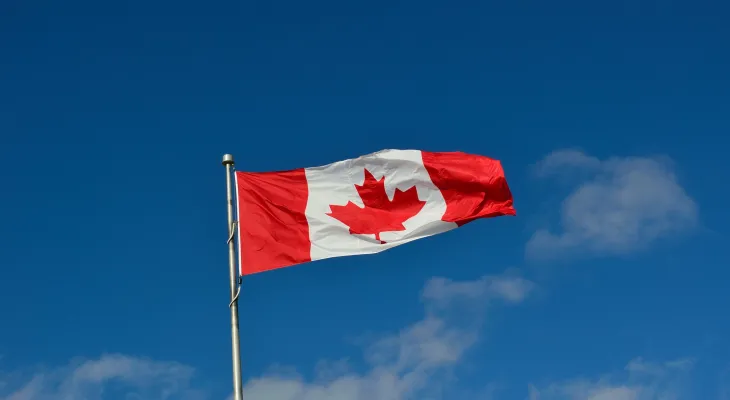Search here
Newspaper
Search here

Arab Canada News
News

Published: April 6, 2022
Ottawa - After two years of uncertainty caused by the pandemic, federal Liberals are preparing to present an updated spending plan in the 2022 budget, which may be impacted by rapidly changing conditions in every respect.
The outcome of the noisy past few weeks is set to be revealed on Thursday, but experts have noted that uncertainty has not yet disappeared.
Inflation rates may rise to their maximum. The unemployment rate is low, but labor shortages are widespread. Meanwhile, housing prices continue to rise at a pace not seen for years.
The war in Ukraine continues to send unforeseen ripples through the global economy and threaten public and global security.
A former Liberal budget chief says the government must be cautious about how it allocates billions in expected new spending, and how much federal money it takes on with so many obstacles on the economic road ahead.
Robert Asselin, vice president of the Canadian Business Council, says policymakers never know what will happen and must be careful not to inflame major issues facing the country.
When Finance Minister Chrystia Freeland outlined this year's budget in late January, she spoke about enhancing the country's economic potential, addressing affordable housing concerns, funding the transition to the green economy, and focusing on high inflation rates.
Then inflation rates rose to their highest level in three decades in February, and prices increased further. The cost of living became a major economic concern for Canadians, although it also had an effect on increasing federal revenues.
However, Asselin said, federal spending that adds to demand in the short term may only pour more fuel on the fire of inflation.
He said, "By spending this reserve that the economy has given them. It would be very irresponsible because then you become less prepared for the next crisis."
The next crisis arrived at the end of February when Russia invaded Ukraine. The war turned global security upside down and created a new priority in the budget for Liberals to boost defense spending alongside other NATO allies.
Elliot Hughes from Summa Strategies said the effects of the fighting in Ukraine go beyond the defense budget, pointing to energy prices, geopolitics, and international business decisions.
Hughes, who has worked as an advisor to finance and defense ministers, said: "Ukraine has basically, in some ways, moved the government slightly off course and increased its ability to gather the required. It is a well-thought-out economic growth strategy."
The economy performed better than expected in recent months as ignoring the Omicron wave caused economic growth in January and a rapid recovery in job numbers.
This recovery, along with rising oil prices, is expected to improve the net profits of the government and offset any new spending announced.
Some economists argue that Liberals should not turn to austerity, pointing to weaknesses in the labor market for low-wage and older workers under positive headline numbers showing almost full labor market recovery since the start of the pandemic.
Liberals plan to use the labor market to anchor budget decisions among other measures such as a low debt-to-GDP ratio, which Prime Minister Justin Trudeau referred to on Wednesday as a key barrier to spending.
Alberta Finance Minister Travis Toews said spending factors provide policymakers with some stability in turbulent times, adding that keeping the debt-to-GDP ratio low might also mean reining in some spending plans.
He said in an interview, "Our economy is running at full capacity."
"I think there is a need for a real return to fiscal responsibility and some financial caution in this budget."
Liberals dealt with the New Democrats to gain their support in key parliamentary votes that obligated the government to billions in new social programs.
Rebecca Young, Director of Financial and Regional Economics at Scotiabank, said most of the items in the deal were already reflected in Liberal campaign commitments that could reach $48.5 billion in net new spending by 2026.
But she said promises regarding pharmaceutical care and dental care, depending on how implemented, could add up to an additional $20 billion in spending over the extended three-year deal.
Trudeau gave no hints about actions that might be in Thursday's budget, but did not point to closing spending sources.
He said, "The way the economy has come back to Canada, stronger and faster than many other places in the world, is because we were there to support Canadians, and we are making sure we still maintain fiscal responsibility."
Edited by: Dima Abu Khair
Comments